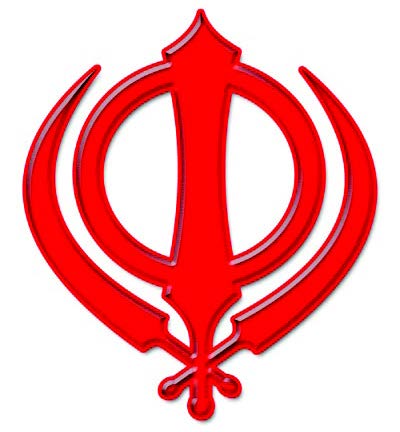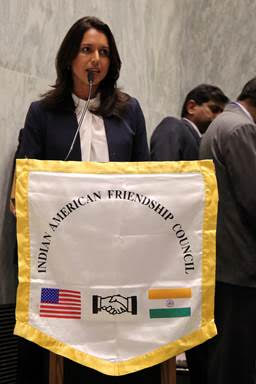
By I.J. Singh & Neena I. Singh
There is no doubt that our beloved gurdwara is at an existential crisis at this time. We will stumble through it but will we learn any lessons? Look at all the gurduaras around us in this country in despair. Look at Sikh teachings and I am sure we can do much, much better. Let’s see if we can remake our problems into a progressive opportunity rather than a destructive threat.
No question that sharp lines, etched in stone, if judged by the vicious bitterness of current communication, now divide our community. How best to move forward? Welcome the differences; life teaches us that all progress stems from differences and how we handle them.
We know of the move for all officers and trustees to resign and the gurduara to be managed by a collective of previous officers for a while, until we return to a more equitable and sensible frame of mind. Sounds good except for the correspondence that is hardly reflective, thoughtful, hopeful or helpful.
An apology at the gurduara by one side was followed by harsh responses from many sides. That cannot ever lead us to a productive solution. The issue of who has which papers and documents; how and when and to whom will they be delivered remains unresolved; also unresolved is the police report.
Keep in mind that the gurduara is a community institution, not a private holding corporation. We cannot allow any group to hijack the gurduara. If it is a privately-owned corporation where the major agenda is the elaborate menu at langar with lack of relevant community programs then our note today is out of order, as is our attendance at the gurduara. At this time the sangat is totally side-lined. Do they have a place and a role in this gurduara?
We offer a few working ideas here:
- Both sides should immediately stop issuing statements to justify their own behavior or condemning the other side. Such activities absolutely do not help if the purpose is to resolve issues and differences.
- In the meantime, we should nominate a small group of 3 to 5 individuals (men and women) to run the gurduara as an interim arrangement. There should be representation of both sides in this subcommittee. A war of words has no place here. We need to talk to each other, not talk at each other.
- Let both sides provide any records they have to this small interim committee, who will hold them and secure them but will not issue any comments about them, except to see that they have received all material.
- This subcommittee would design what procedures – corrective steps, apologies, or resignations etc. – are necessary to bring the community together and not split it permanently. This subcommittee would also explore organizational and procedural mis-steps in how we run meetings, elections and related matters. At this time, we dare say that we have rules but rarely do we follow or understand them well. At this time the daily briefings continue to roil the community. They don’t help at all.
- This sub-committee should report its recommendations to the sangat in a public forum.
Clearly, the goal is NOT to determine guilt but to close the divisions in the community. Participants act from their own position that they think is justified and in good faith. But an institution must have room for different views as well. Good institutions have term limits for their officers. We can revisit the Constitution as well, although the problem at this time may be that it is not being used.
Let us create an institution that can be a model for other gurduarasthat our community – young and old — can find useful. Gurduaras should not collapse like Maharaja Ranjit Singh’s kingdom — a house of cards. He failed to foresee the future; let’s learn from that mistake. Gurduara of Slough in the UK seems like a good model; let’s explore their functioning.
Let us focus on the program gurduaras can offer. Keep an eye on waste of community funds and resources: time, money and energy! Procedures for resolution of problems must exist in the framework of every institution.
Unanimity of opinion and homogeneity of thought does not make a successful progressive community and institution. Respect differences and work with them. An institution such as ours must display fundamental transparency, accountability and participatory self-governance.
Any positive suggestions and initiatives should be both solicited and welcome?
ijsingh99@gmail.com




Be the first to comment